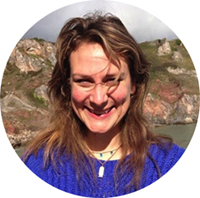My favourite outdoor pastime is mountain biking – I love being able to interact with the landscape and feel every nook and cranny of terrain under my wheels. The surge of adrenaline as you narrowly wind through the forest is such a rush. It’s a brilliant way of getting out into the fresh air and spotting wildlife.
My walking boots are my most treasured piece of outdoor kit. A good pair can take you anywhere.
I’d love to visit the Giants Causeway in Northern Ireland. It’s astonishing to think that something as violent as a volcanic eruption can leave behind such a beautifully arranged geological formation – hexagonal columns that at their tallest stand at 12m and work their way down to the shoreline and disappear into the sea.
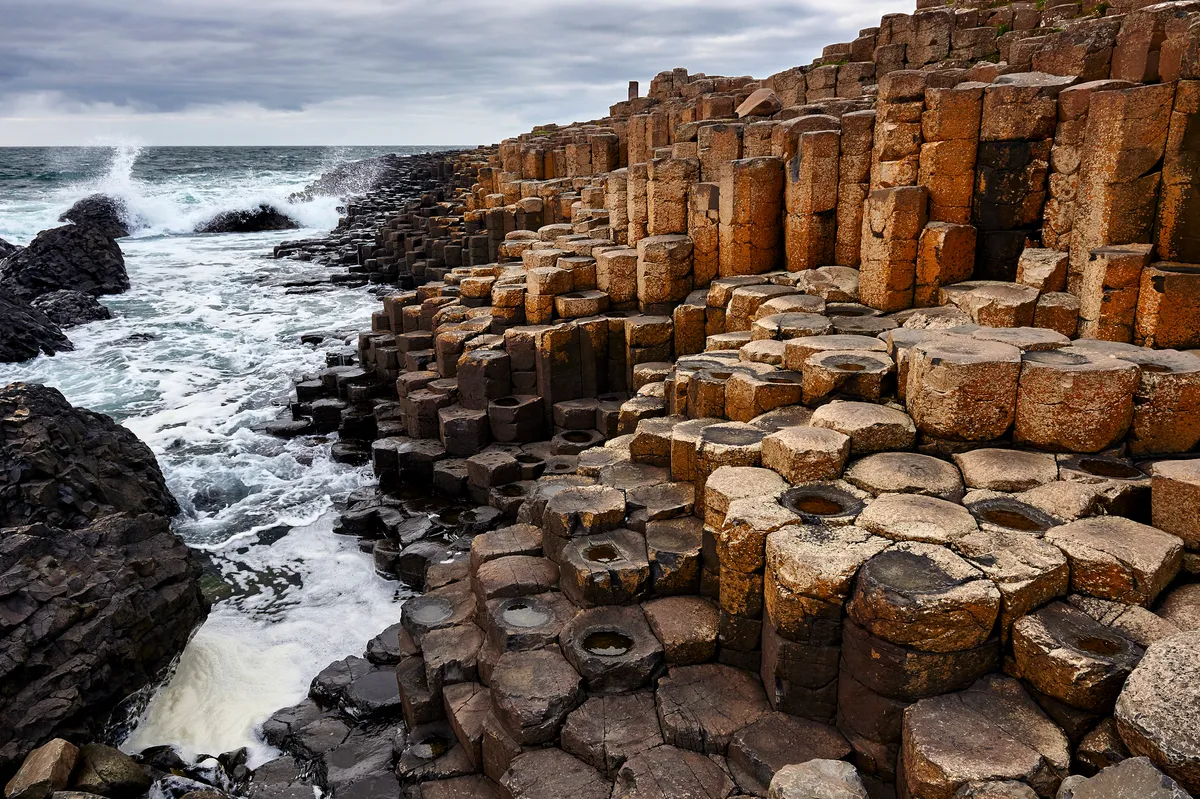
While filming BBC Two’s Yellowstone in Wyoming, I was struck by how rich in biodiversity the national park is; the animals, plants and ecosystems are nothing short of spectacular. In terms of conservation techniques, there is plenty we can learn, in particular re-wilding and the reintroduction of predators. I’ve read articles discussing the reintroduction of lynx into the UK, which would be great if done in the right way. The key is to engage with the people during the process, as they did in the early 90s for the Wolf Restoration Project in Yellowstone.
If I could change one thing about our countryside, it would be to have more ‘real’ wilderness. Much of the countryside that the average person comes across, I suspect, is farmland and many of our wooded areas are carefully (and expertly) managed by forestry commissions. It’s a symptom of being a relatively small country. Nevertheless, as a nation we are still very appreciative of the wild spaces that we do have – the Brecon Beacons is a fantastic place to explore and to get really lost, in a good way. It would be great if we could have more.
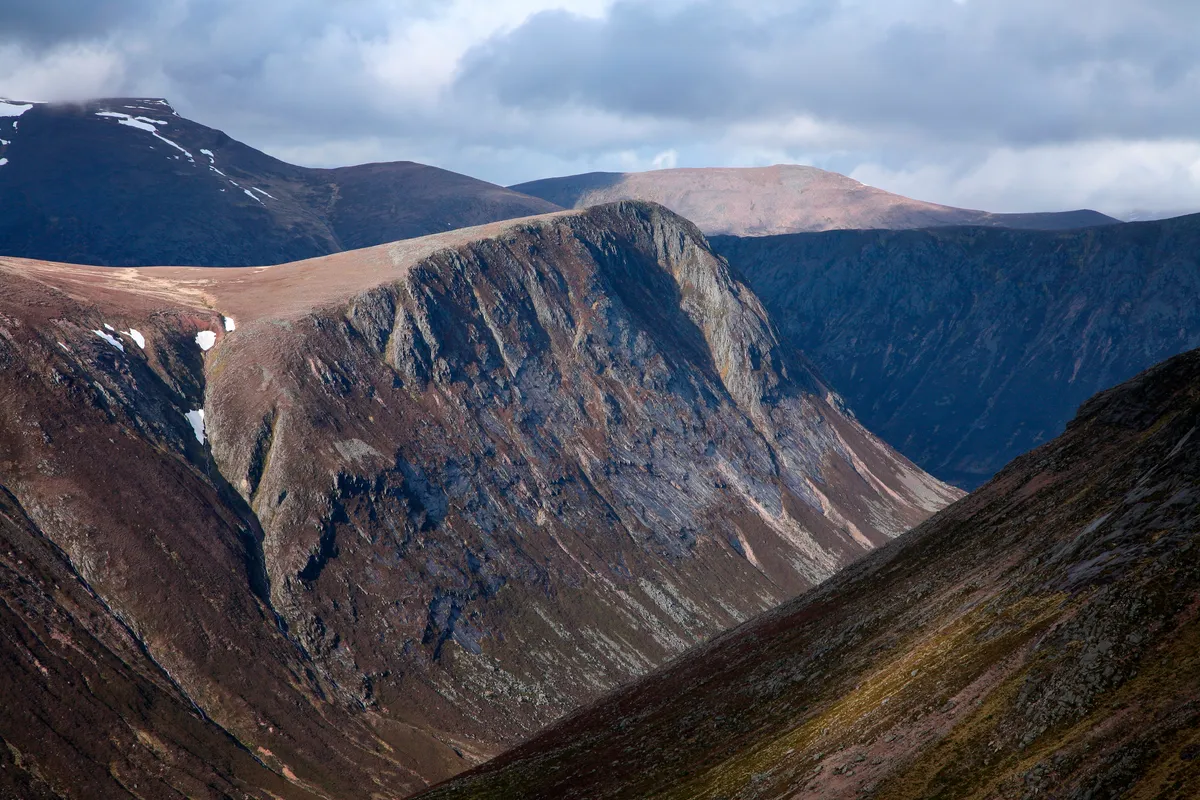
Cairngorms National Park is the epitome of natural beauty in Britain. I was there to cover a story about ice caves for The One Show. Our journey took us not far off the summit of Ben Macdui, the second highest peak in Britain. We spent about four hours hiking up a huge mountain face; the scree slopes looked like something out of The Lord Of The Rings. Finally, we reached the plateau. The first sight was of Loch A’an, an incredible view, as the azure blue of the lake zinged against the green of the valley below. The next visual spectacle was a huge sheet of ice the size of a football field. We climbed down into one of the ice caves that result from warm air flowing between the ice sheet and the rock on which it lies. Inside, it looked as though the cave had been scooped out with a spoon. Like a stained glass window, the light outside illuminated the cavern with a gentle blue hue. It was mesmerising and made the arduous trek totally worth it.
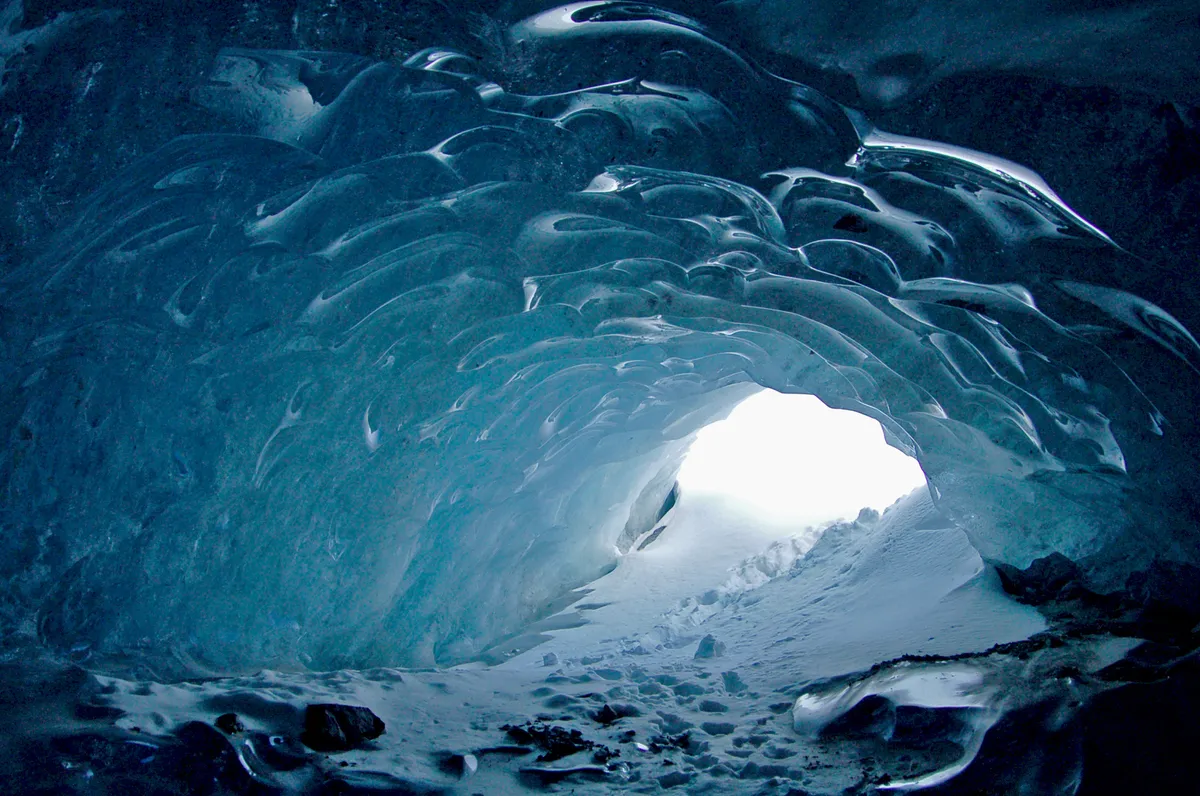
All domestic dogs are descended from one ancestor, the grey wolf. Dogs are one of, if not THE, most popular pet in the world. We’ve welcomed them into our hearts and our homes but not many people realise that our loyal four-legged friend is part of a wider family of powerful, kooky and wonderfully adapted characters. They all share the same blueprint, good hearing, an excellent sense of smell, but they’ve all adapted to their environments in different ways. This has resulted in a wonderful variety of species, from the Artic fox, to the maned wolf, right down to the tiniest and cutest of them all, the fennec fox. I had the pleasure of meeting many of them while filming Dogs: An Amazing Animal Family for Sky One.
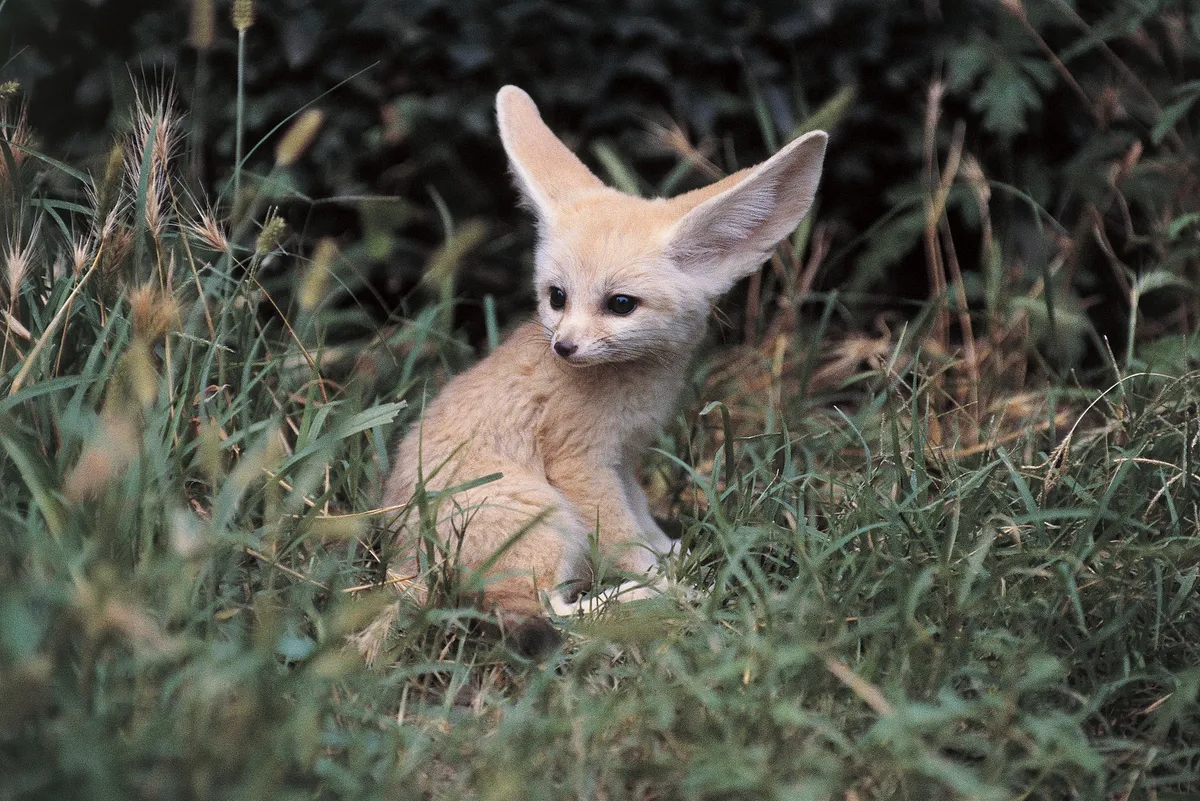
Today’s youth are fortunate to live in this technological era. Whether it’s through wildlife TV shows or phone apps, there are many great ways for children and adults to be inspired by the outdoors. It’s important for adults to recognise this curiosity in kids and get them outside. A walk in the park, a stroll down the beach, are easy ways to get kids excited about the natural world.
During a recording for Radio 4’s Open Country, I was fortunate enough to go coasteering near Cardigan Bay, Wales. It was fantastic. Looking out to sea I could see dolphins breaching, while puffins whizzed by overhead – I really felt at one with nature. Plus, getting to scale the sides of cliffs, jump into the sea and have the waves crash into me was a thrill. I loved every minute of it.
If I were a British wild animal, I would be a peregrine falcon. I love its manoeuvrability and how fast it can fly – up to 250mph, it defies belief. I’m a motor-head and Formula 1 is one of my guilty pleasures. So an animal that is a speed demon in the natural world leaves me in awe.
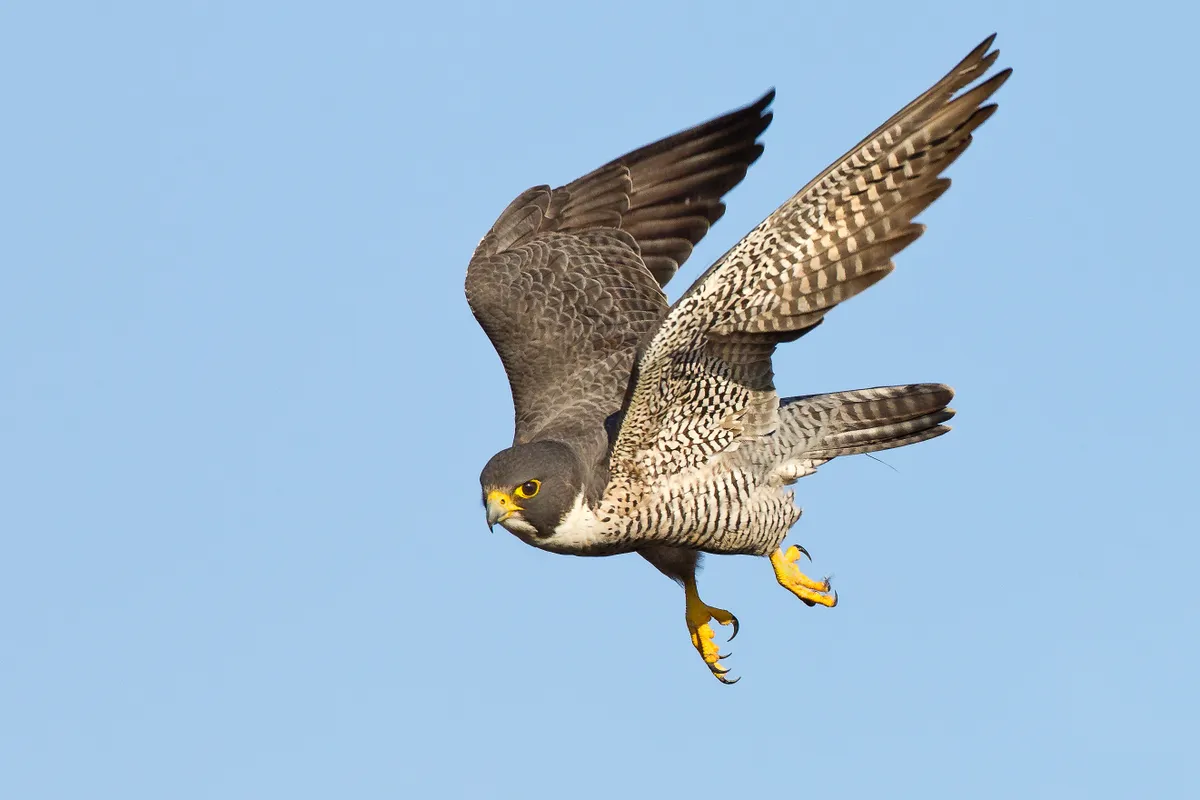
The worst thing I’ve experienced in the British countryside is no WiFi! I’m laughing right now at how absurd that sounds – well 80% of me is laughing and the other 20% is serious. For me, I love sharing my experience of the great outdoors and I do a lot of this via Instagram and other social media platforms. There are time when I’ve seen something, be it an animal, a weird-looking mushroom or been in a breathtaking location and wanted to share it there and then. But you stop, take a snap, go to upload and… no service. But this is me scraping the barrel because I don’t think I’ve ever had a bad experience of the countryside, and to be honest the remoteness is what also make it so special.
There’s only true way a cream tea should be enjoyed. Clotted cream goes on first, followed by a generous dollop of strawberry jam. And let’s not forget the Earl Grey tea …that would be sacrilege.
Main image ©BBC
